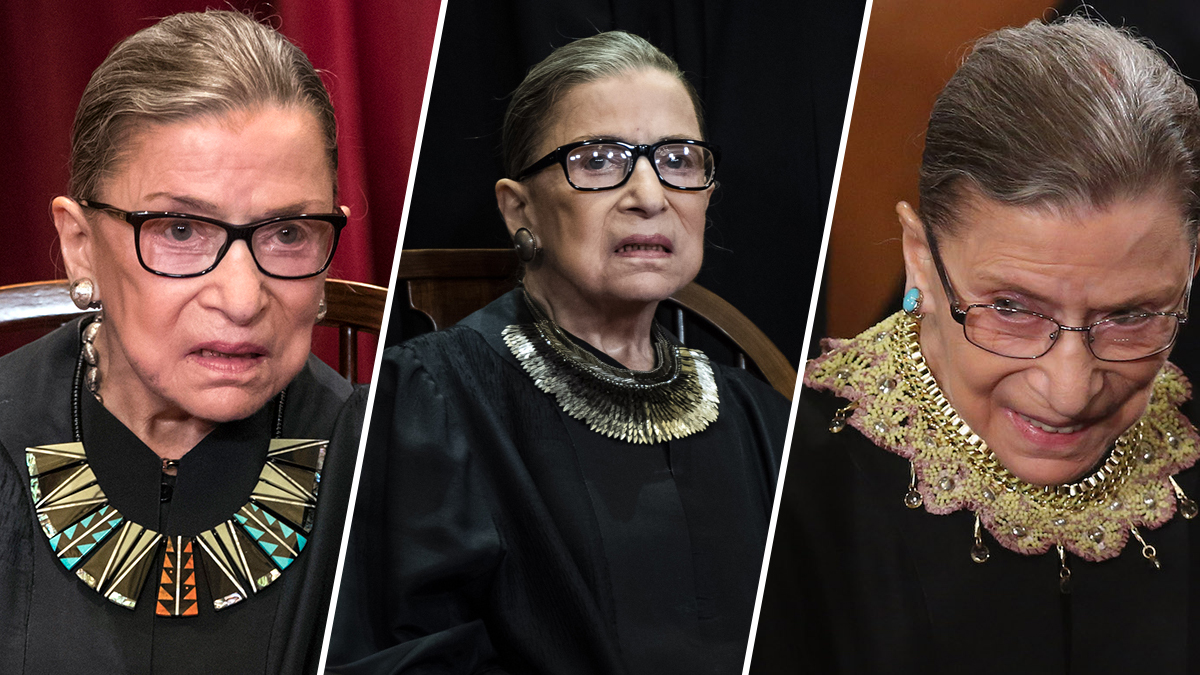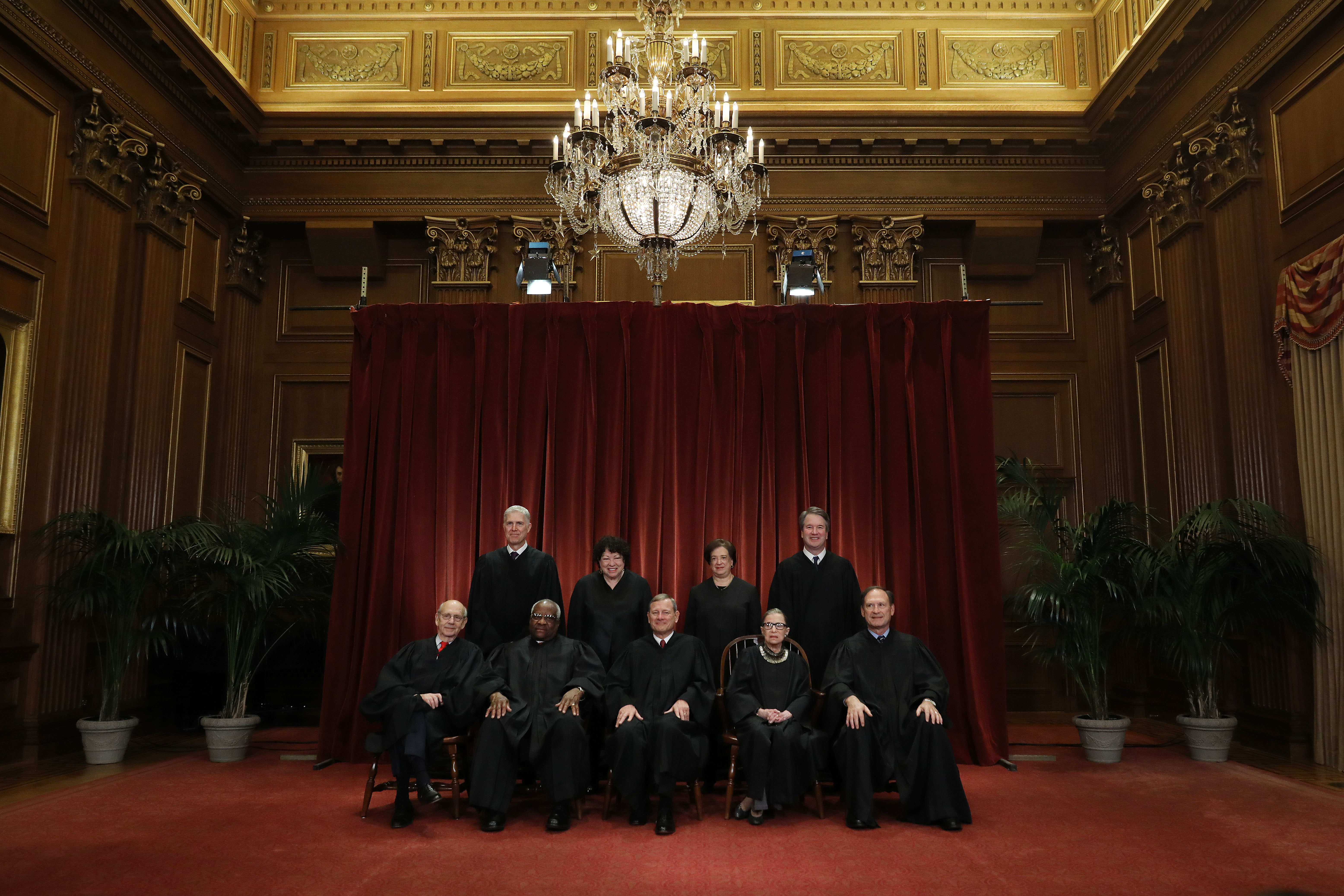The memory of Supreme Court Justice Ruth Bader Ginsburg is being honored as unassuming, dynamic and forward-thinking.
At least those are a few of the words Dr. Jilda Aliotta, an associate professor at the University of Hartford is using to describe this giant in the judicial system.
The professor recalled her experience being able to hear Ginsburg speak on several occasions.
“She was a very small woman and she was also relatively quiet,” said Aliotta, “But what made her a commanding presence was her intellect and her ability to make connections."
But Aliotta shared that it wasn’t just her time on the Supreme Court that made a difference.
“For Ruth Ginsburg one of the most notable things in her life that would’ve ensured her place in history was her role as the architect of the ACLU Women Rights Project,” said Aliotta, “Specifically legal strategy and litigation strategy for being sex discrimination under the umbrella of the equal protection clause to the U.S. Constitution.”
Days after her death Ginsburg is also being remembered by those who followed in her footsteps, like Maria Kahn.
More on Justice Ruth Bader Ginsburg
Connecticut Supreme Court Justice Kahn was appointed to the bench in 2006 and made it to the state's Supreme Court in 2017. She said she feels a sense of connection to Ginsburg's story.
“I do think for me particularly being an immigrant her life story resonates with me,” said Kahn, “I was 10 and a half when I came to this country and her parents were immigrants."
“As I justice I can relate and I really admire that she really conducted herself in a way that she could disagree without being disagreeable," she continued. Kahn hopes that through her and others who work in the judicial system that Ginsburg's legacy can be carried on.
“I try to model that to the best I can because I believe that’s how we should be,” said Kahn, “That we disagree about things but we don’t have to do it in a disagreeable way.”




